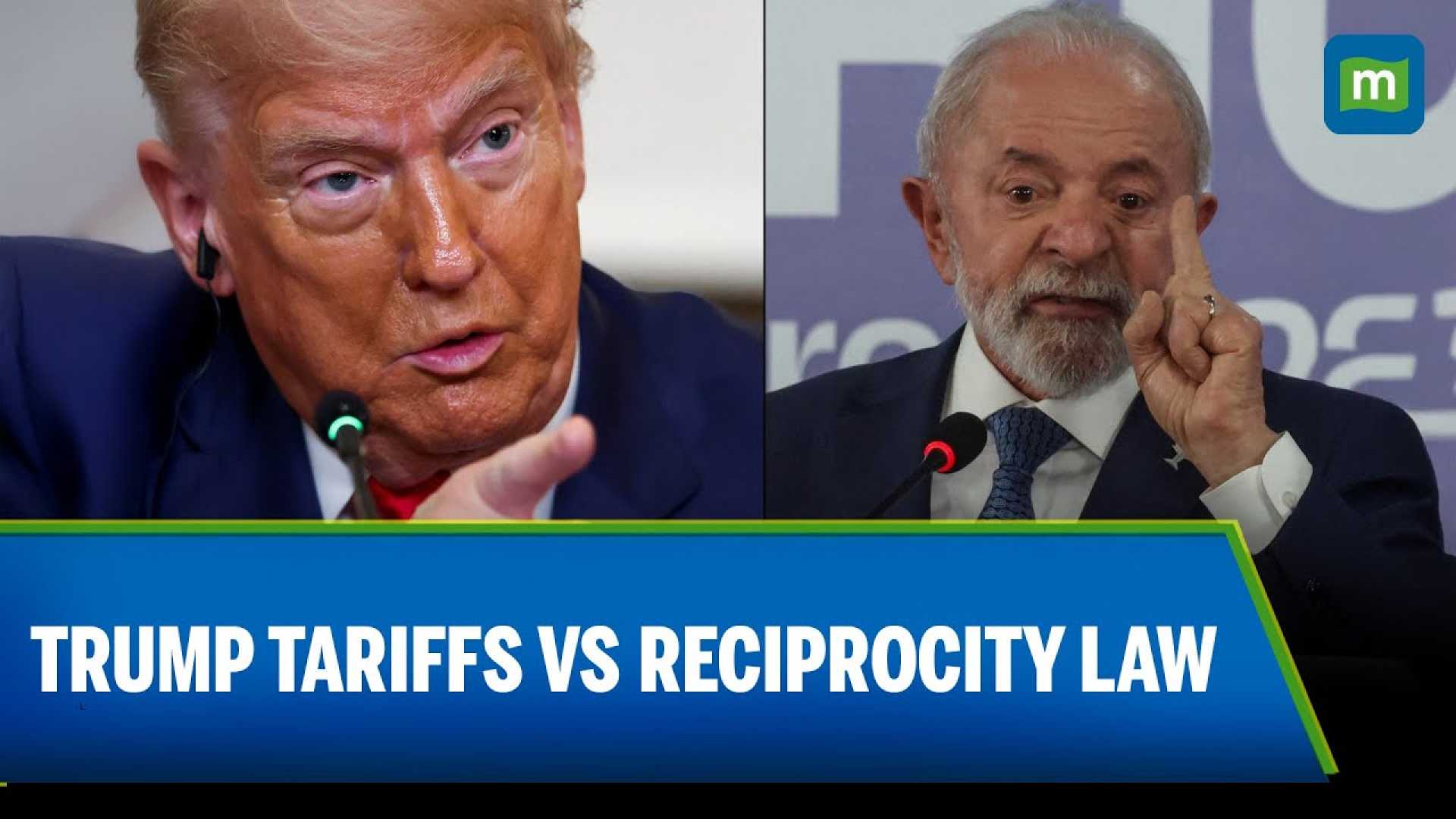Business
Trump Administration Imposes 50% Tariff on Brazil Amid Trade Dispute

RIO DE JANEIRO, Brazil (AP) — The Trump administration announced on Thursday it will impose a 50% tariff on all imports from Brazil, starting August 1, 2025. This decision is a response to what the U.S. government refers to as unfair treatment of former Brazilian President Jair Bolsonaro and various trade disputes.
U.S. President Donald Trump criticized Brazil’s legal actions against Bolsonaro in a letter to Brazilian President Luiz Inácio Lula da Silva. He described Bolsonaro as a “Highly Respected Leader” and accused Brazil’s judiciary of undermining free elections and free speech. The letter condemned recent rulings by Brazil’s Supreme Court concerning censorship orders affecting U.S. social media platforms, framing it as a threat to national security.
U.S. Trade Representative Jamieson Greer elaborated on the investigation into Brazil’s trade practices, particularly regarding digital services. “Brazil’s policies discourage U.S. trade,” Greer said. “We are determined to protect American workers and businesses from these unfair trade barriers.”
This new tariff rate marks a significant escalation from the baseline 10% imposed earlier this year under Trump’s “Liberation Day” trade policy. The administration views this move as necessary to address perceived trade imbalances with Brazil.
In response, Lula has threatened to apply retaliatory tariffs under Brazil’s reciprocity law, indicating that if the U.S. imposes the 50% tariff, Brazil will mirror that adjustment. Lula remarked, “Respect is good. I like to offer mine and I like to receive it.”
Senate President Davi Alcolumbre and Chamber of Deputies Speaker Hugo Motta voiced support for Lula’s stance, stating that the reciprocity law provides Brazil with a means to defend its sovereignty. In a joint statement, they emphasized the importance of acting “with balance and firmness” to protect Brazilian jobs and the economy.
The political climate indicates rising tensions between the U.S. and Brazil, reminiscent of the trade wars previously seen with China. Observers note that Trump’s tactics may further complicate the already strained relationship between the two nations.
Academics warn that Trump’s interference in Brazil’s internal affairs could backfire, potentially increasing support for Lula, who is already dealing with a challenging political environment. Professor Carlos Melo from Insper University commented, “Any change in Bolsonaro’s trial would signify Brazil capitulating to U.S. demands.”
Trade negotiations between the nations are in flux, with ongoing discussions that had begun earlier this year now reportedly “up in the air.” Trump has utilized tariffs as a tool to impose U.S. demands on international partners, causing a ripple effect across global trade relations.
As of now, the administration is also utilizing the tariffs to negotiate with other countries. Letters similar to that sent to Brazil have gone to nations like the Philippines and Brunei, indicating a broader strategy beyond South America.
The implications of this trade dispute could alter economic interactions not only between the U.S. and Brazil but also have significant reverberations in the global market.












